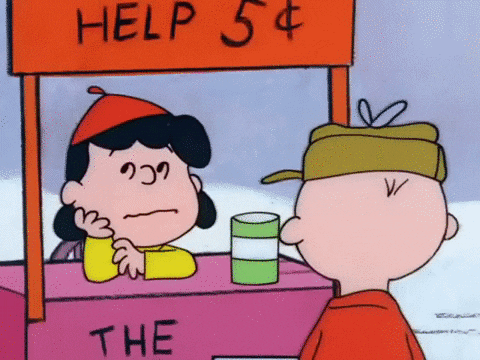Recommendation: Industry, Season 3
Shitheels vs. Shitheels

Industry, which just wrapped its third season and was renewed for a fourth, follows an ensemble cast of characters in and around the London offices of high-powered investment bank Pierpoint & Co. Think: J. P. — as in Pierpont — Morgan.
Disclosure: I didn’t watch the first two seasons because my wife assured me I would loathe Industry’s soapy storylines. I skipped directly to season three, which is apparently a little more serious, and had no trouble following along.

What I liked: The large, diverse collection of misfits allows the show to depict a wide swath of the financial services industry — investment banking, sales and trading, equity research, corporate finance, asset management, private equity, and venture capital — and creates a rich, immersive world for the viewer. I also appreciate how, unlike Billions, Industry’s writers don’t dumb down the action with overtly expository dialogue or clearly hackneyed situations.
What I wanted: A character to root for. Humans are messy, and I don’t need a protagonist who virtue signals their righteousness at every turn. That said, all the major players on this show are trash. There’s an emotionally stunted, insecure sociopath, an emotionally stunted, insecure idiot, a goofy fuckboy, an aging blowhard, and a duplicitous nepo-dipshit with a piss fetish. My favorite character — by far — is an English gentleman named Otto Mostyn. He’s the only scumbag with enough guts to embrace his villainy.
What I found ridiculous: The interpersonal dialogue on this show is…not good. In real life, when someone’s frenemy is behaving like a selfish asshole, the aggrieved party might be expected to say something like: “You’re being a selfish asshole, Bro!” On Industry, however, the victim delivers a long, winding soliloquy and diagnoses the aggressor with a litany of psychological maladies lifted straight from the DSM-5.

Final verdict: I liked but didn’t love season three of Industry. The tone and pacing vary wildly across episodes, and the season’s only worth binging if you’ve exhausted Max’s far superior alternatives (e.g., The Wire, Deadwood). I would, regardless of interest level, check out the fourth episode of season three, titled “White Mischief.” It functions as a standalone and follows a senior trader careening between excessive risk-taking at work and compulsive gambling at home. The character’s arc is gripping yet tragic, and the writing delivers a clear — if unsubtle — point of view.
Where to watch: Max.




